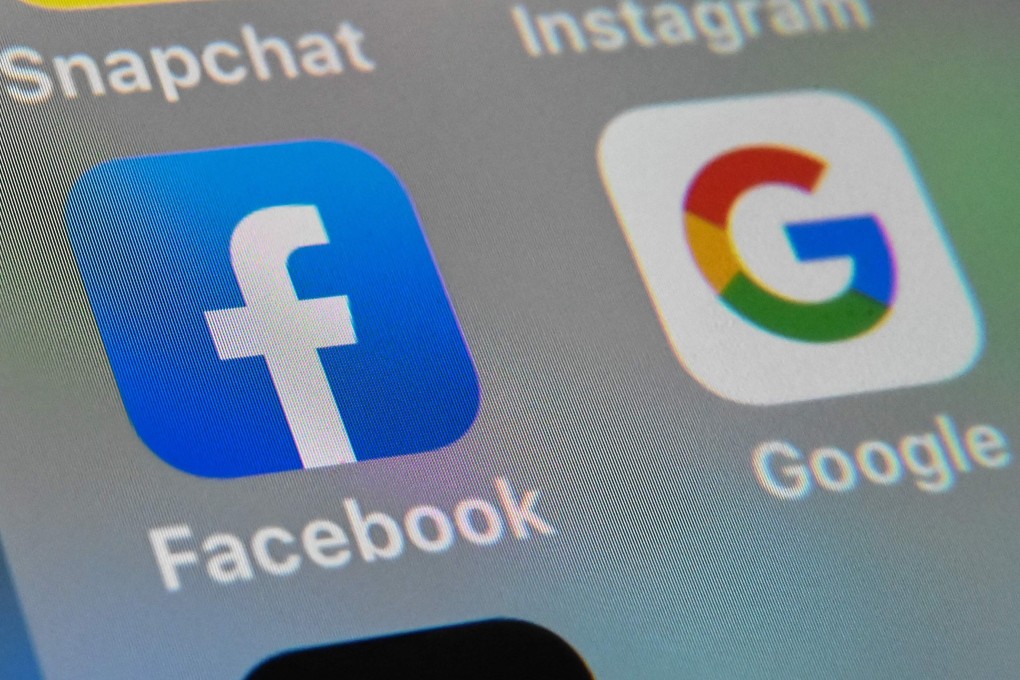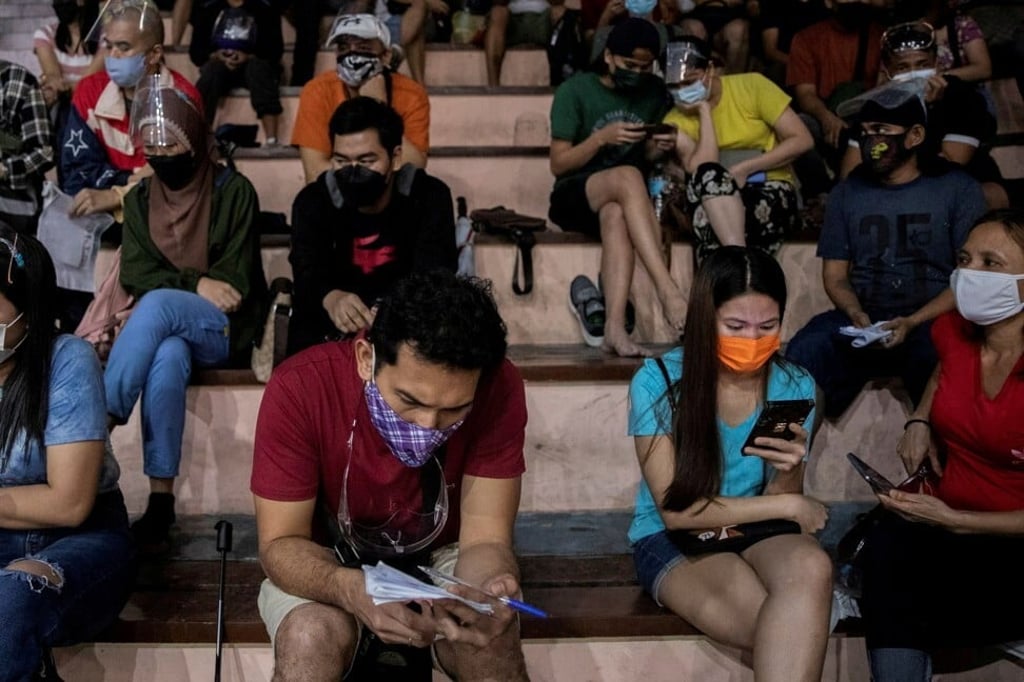Google, Facebook unveil new Asia undersea data cable plan linking Singapore, Japan, others
- The Asia cable project will stretch some 7,500 miles and be operational in 2024 subject to regulatory approvals
- Elsewhere, Facebook and a team of African and global telecoms firms said they would add four more countries to its subsea cable project in Africa

Google and Facebook on Monday unveiled plans for a new undersea internet cable connecting Guam, Japan, the Philippines, Taiwan, Indonesia and Singapore.
The cable project, dubbed Apricot, would be some 12,000 kilometres (7,500 miles) and be operational in 2024 subject to regulatory approvals, the companies said in separate statements.
The project announced by the US firms and regional and global partners “will deliver much-needed internet capacity, redundancy, and reliability to expand connections in the Asia-Pacific region”, said Facebook engineering manager Nico Roehrich.
“The Apricot cable is part of our ongoing effort to expand global network infrastructure and better serve the more than 3.5 billion people around the world who use our services every month,” Roehrich added.
Earlier this year, the companies announced another cable project dubbed Echo connecting the United States, Singapore, Guam and Indonesia.
“The Echo and Apricot cables are complementary submarine systems that will offer benefits with multiple paths in and out of Asia, including unique routes through southern Asia, ensuring a significantly higher degree of resilience for Google Cloud and digital services,” said Google Cloud vice-president Bikash Koley.
“Together they’ll provide businesses and start-ups in Asia with lower latency, more bandwidth, and increased resilience in their connectivity between Southeast Asia, North Asia and the United States,” Koley added.
